 When a teen asks for the keys to the car for the first time so many thoughts and emotions begin running through a parent’s brain like:
When a teen asks for the keys to the car for the first time so many thoughts and emotions begin running through a parent’s brain like:
“I’m so proud my son passed his test!”
“Will my daughter remember to look both ways before turning left?”
“What if he decides to drive with his friends? Do I really want to let him go?”
It takes a lot of trust from parents and responsibility from teenagers in order to allow teenagers to gain the driving experience they need in a safe way.
What types of conversations do you have with your teen before they hit the road?
Before handing over the keys, here are a few things to talk about with your teenager to help them learn how important it is to drive safely when alone and when they are with friends.
1. Set some ground rules: Before letting your teen drive off into the sunset, go over some driving ground rules. It may be a good idea to create a “driving contract” so your expectations are clear. A few examples of what this contract can include:
- What happens if your teenager gets home past curfew?
- What they will be responsible for if they rear end someone or scrape the paint?
- Who will pay for their gas money?
Also, ALWAYS remind them that there is no wiggle room in the law against drinking and driving and it is always best to find a safe ride, even if they have only had one drink.
2. Keep your eyes on the road: Almost all drivers know this is a given, but this is an important tips for vehicle passengers. By no means does this encourage “back seat driving” but the general idea is to be an extra set of eyes and ears for the driver in case they don’t see a car in their blind spot, or fail to see a biker speeding past the passenger side of the vehicle. Also, remind your teenager that it is the passenger’s job to be the navigator when going to a new place, especially if they are using smartphone for directions.
3. The more passengers, the greater risk: Talk to your teen about driving with others and remind them that the more passengers they have in their vehicle, the more distractions there will be and the more responsibility there is to drive everyone to their destination safely. This doesn’t mean that all passengers should remain silent in a car, but loud music, games and other distractions heighten the risk of getting into an accident.
4. Put away all electronics
This topic of discussion can’t be stressed enough – teach your teenagers to put their phones away while driving and to never text and drive. It’s also important as a parent to set a good example and remember to keep your own phone tucked away while driving.
Think Safe, Drive Safe
By having the above conversations about safety with your teenager before they hit the road you are teaching them to be a responsible adult and to think ahead and make good decisions. Driving isn’t a right, it’s a privilege and if teens stay safe on the road then it’s a privilege they have earned!
Do you have any tips or tricks for talking to teens about safe driving? Share them in the comment section below!

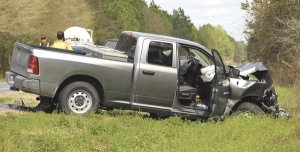
 Whether your children are experienced swimmers or not, it’s always important to be aware of swimming safety. One fatal condition that swept the headlines this summer is known as secondary drowning.
Whether your children are experienced swimmers or not, it’s always important to be aware of swimming safety. One fatal condition that swept the headlines this summer is known as secondary drowning.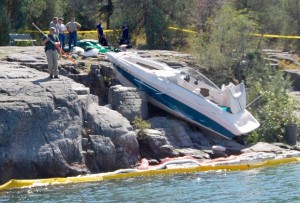
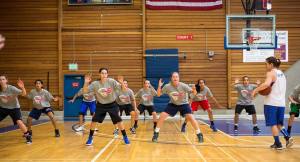

 In 1777, fireworks were a way of giving American people hope that the war would soon be over and they would earn their independence. The light in the sky was a beautiful reminder to stay positive in what was a dark time.
In 1777, fireworks were a way of giving American people hope that the war would soon be over and they would earn their independence. The light in the sky was a beautiful reminder to stay positive in what was a dark time.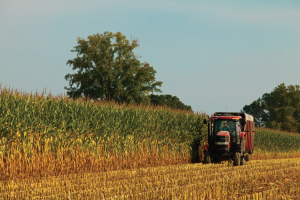 Operating a farm is not just a job, it’s a lifestyle. It’s a job and lifestyle in which natural disasters, crop failure and sick livestock can be a serious threat to your success and livelihood. The key to being a successful farming operation is to identify risks and plan for any worst case scenarios with a strategic and ample insurance coverage.
Operating a farm is not just a job, it’s a lifestyle. It’s a job and lifestyle in which natural disasters, crop failure and sick livestock can be a serious threat to your success and livelihood. The key to being a successful farming operation is to identify risks and plan for any worst case scenarios with a strategic and ample insurance coverage.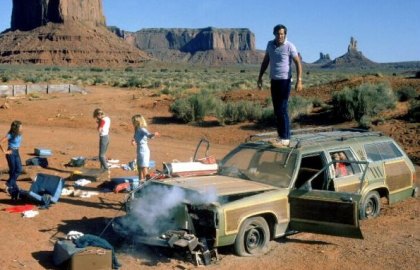
 So your son or daughter just moved out on their own, congratulations! That is a huge accomplishment for you as a parent and for your independent adult-child. You did your job raising your child to be ready to face the real world.
So your son or daughter just moved out on their own, congratulations! That is a huge accomplishment for you as a parent and for your independent adult-child. You did your job raising your child to be ready to face the real world.